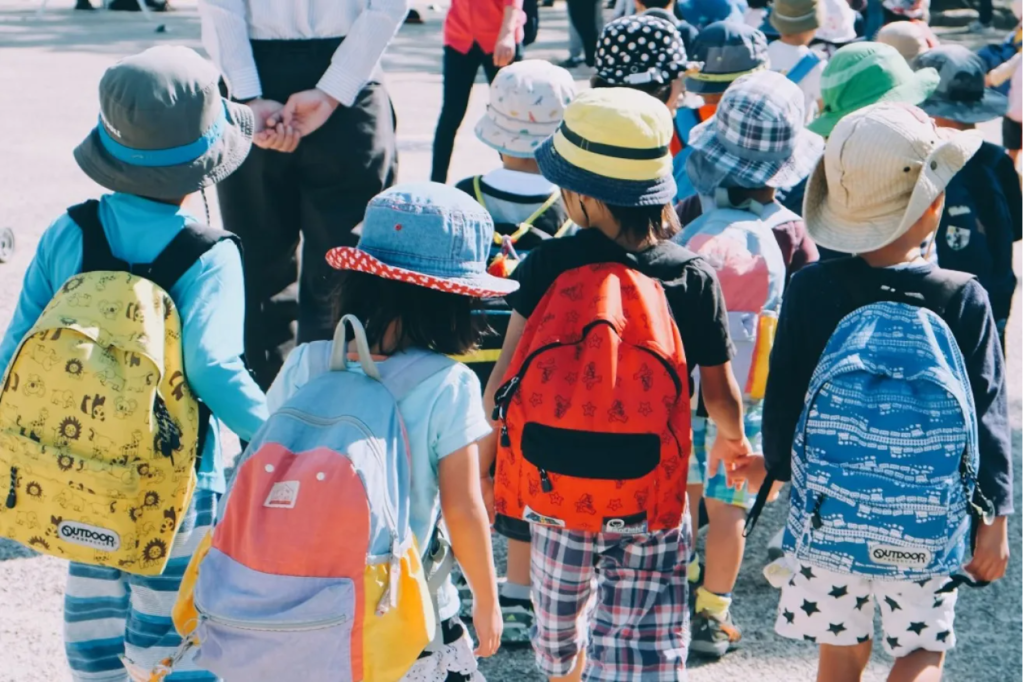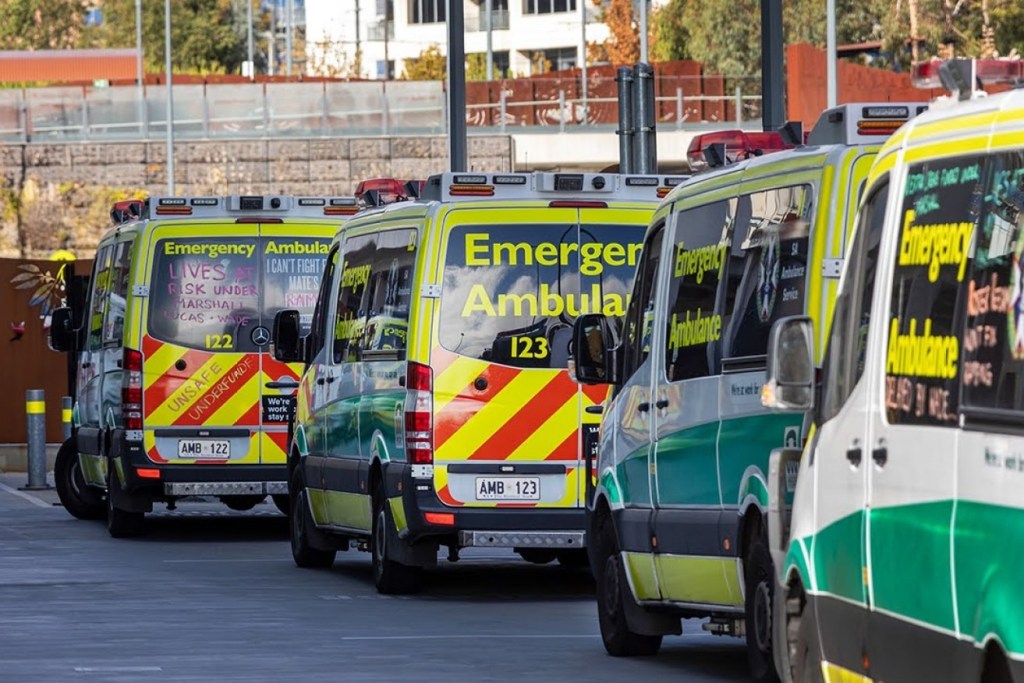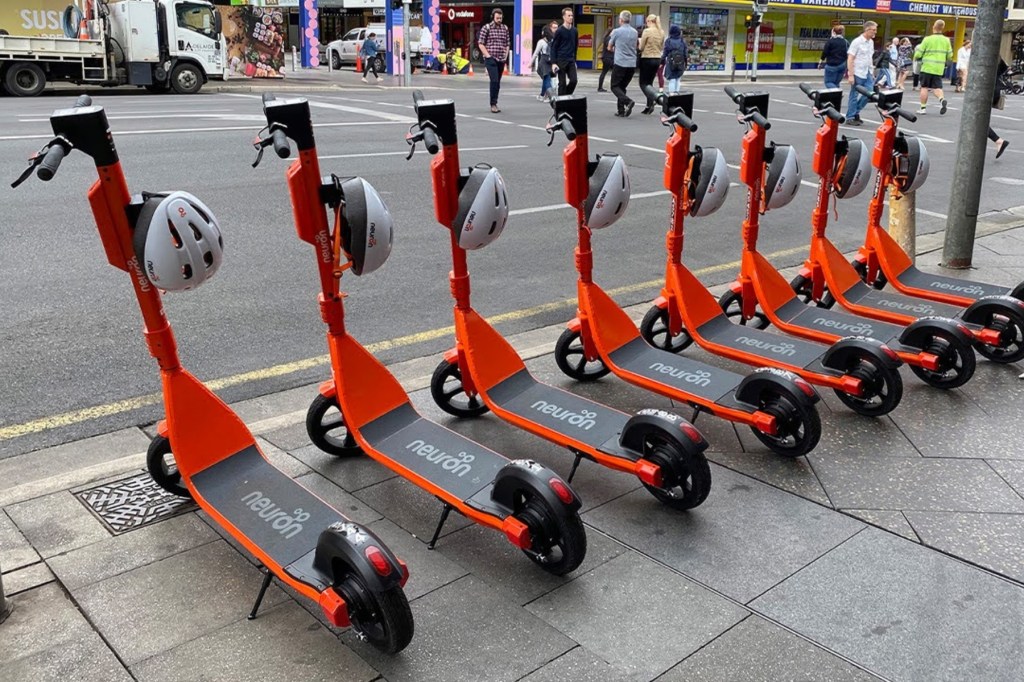Calls for period education to be introduced earlier
A Flinders University study has found that the age of getting a first period is gradually decreasing, and the education system is falling behind.

The study, which looked particularly into support for those experiencing early onset menstruation, found more than 12 per cent of girls in Australia will get their first period between eight and 11, with the average age of first periods in Australia being 12.5.
However, the national school curriculum does not provide formal education around menstruation and periods to any genders until ages 10 to 12, which researchers and other professionals say is too late.
Flinders researcher Associate Professor Ivanka Prichard, who was part of the study team, said that by being slow to adapt to the change in menstruation age, the education system is leaving children vulnerable.
“We know that the school environment is central in a child’s social and emotional development during puberty, and they need to be well-prepared ahead of starting their period to ensure it doesn’t negatively impact their lives,” Prichard said.
The study had raised questions about the current education in Australian primary schools, with evidence that staff attitudes and school practices can reinforce the idea of periods being taboo.
You might like
“We’ve identified a problem with ‘gatekeeping of knowledge’, where period education has been confined to a particular time, place and year in the curriculum, and restricted to a particular group of students,” Prichard said.

The Flinders University study found that around 12% of people get their first period at age 11 or below. Photo: Unsplash
Co-founder and managing director of Taboo, Eloise Hall, agreed this “gatekeeping” was a major issue and said appropriate and early period education gives young people the “power to understand” the menstruation process.
“When there’s more education about exactly what the experience of menstruation is like, then there’s less reason to have this shame and stigma about the experience,” said Hall, who is also an InDaily 40 Under 40 alumnus.
Stay informed, daily
“It’s an absolute necessity to tell young people what’s going on with their body and what they can expect. Menstruation should not be something that ever shocks a young person.
“We’re not afraid to tell children about weeing and pooing… we need to deliver it with the same kind of nonchalant attitude so that young people are equipped and they’re not afraid of their own body.”

Taboo co-founder and managing director Eloise Hall said period education should be taught earlier, both at home and school. Photo: Flash Point Photography
Hall said while the current school sex education curriculum is “clunky”, and education is being delivered inconsistently, there is also a broader societal change that needs to happen.
“There’s this real misunderstanding that just because menstruation is a part of the reproductive system, we should deliver that education with sex ed, and that’s actually really inappropriate,” she said.
“Just because you are bleeding doesn’t mean you are sexual. A lot of young people are frustrated with the fact that they’re told they are a woman when they start bleeding when really they’re twelve and they still want to be a child.”
Hall said delivering appropriate education early, both in schools and at home, is vital in breaking the ongoing stigma surrounding menstruation.
“We don’t want this stigma to keep breeding in the way that it has for so many centuries. We want to break that stigma and make sure that young people aren’t feeling ashamed about their own bodies.
“I’ve seen some fantastic examples with parents actually just introducing children from the time they’re infants to the concept of menstruation, having tampons laying around and just being really open about communicating what that experience is.”
Study lead author Olivia Marie Bellas said she hoped the findings would help schools improve the education process so that those “affected are adequately supported”.








